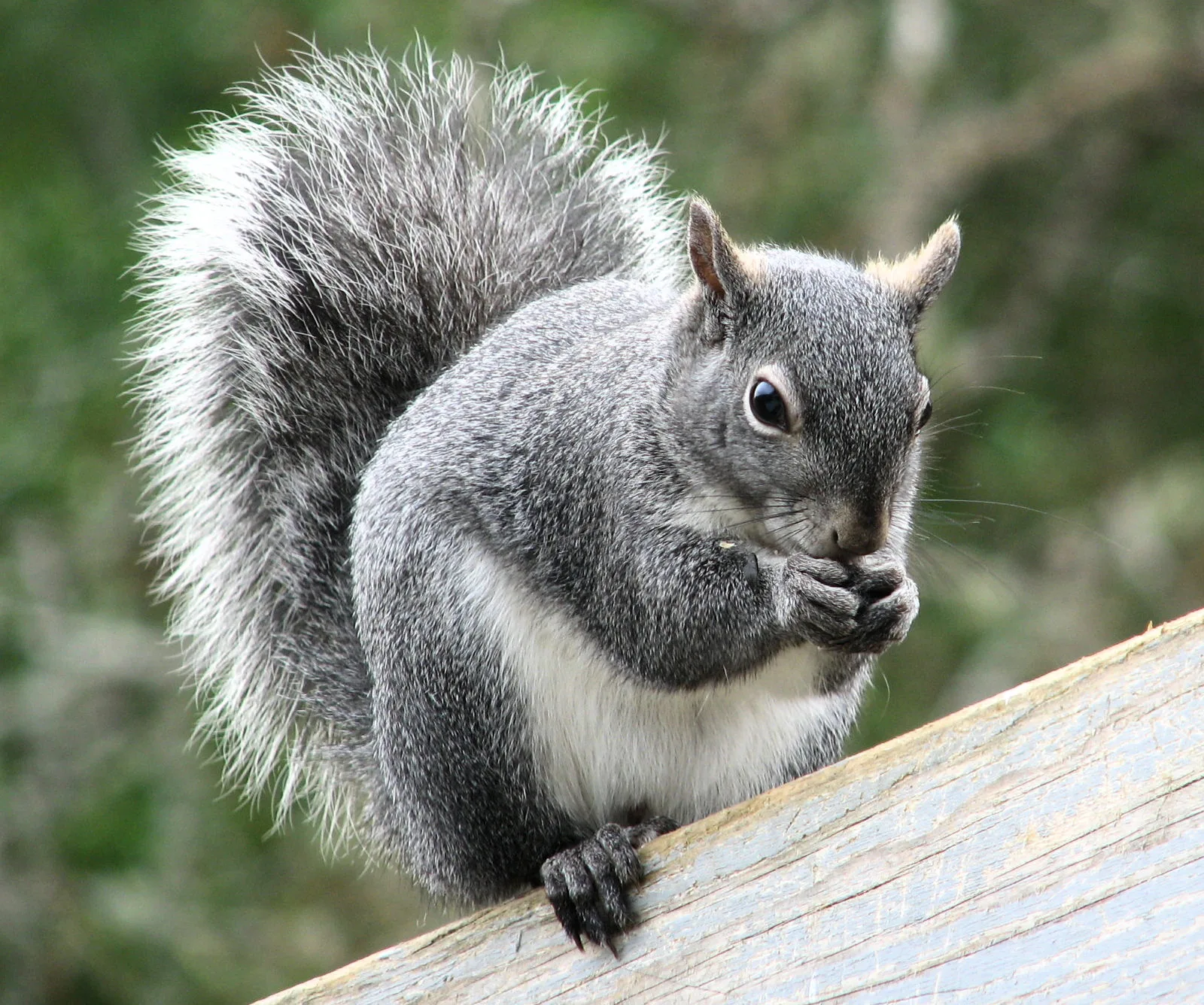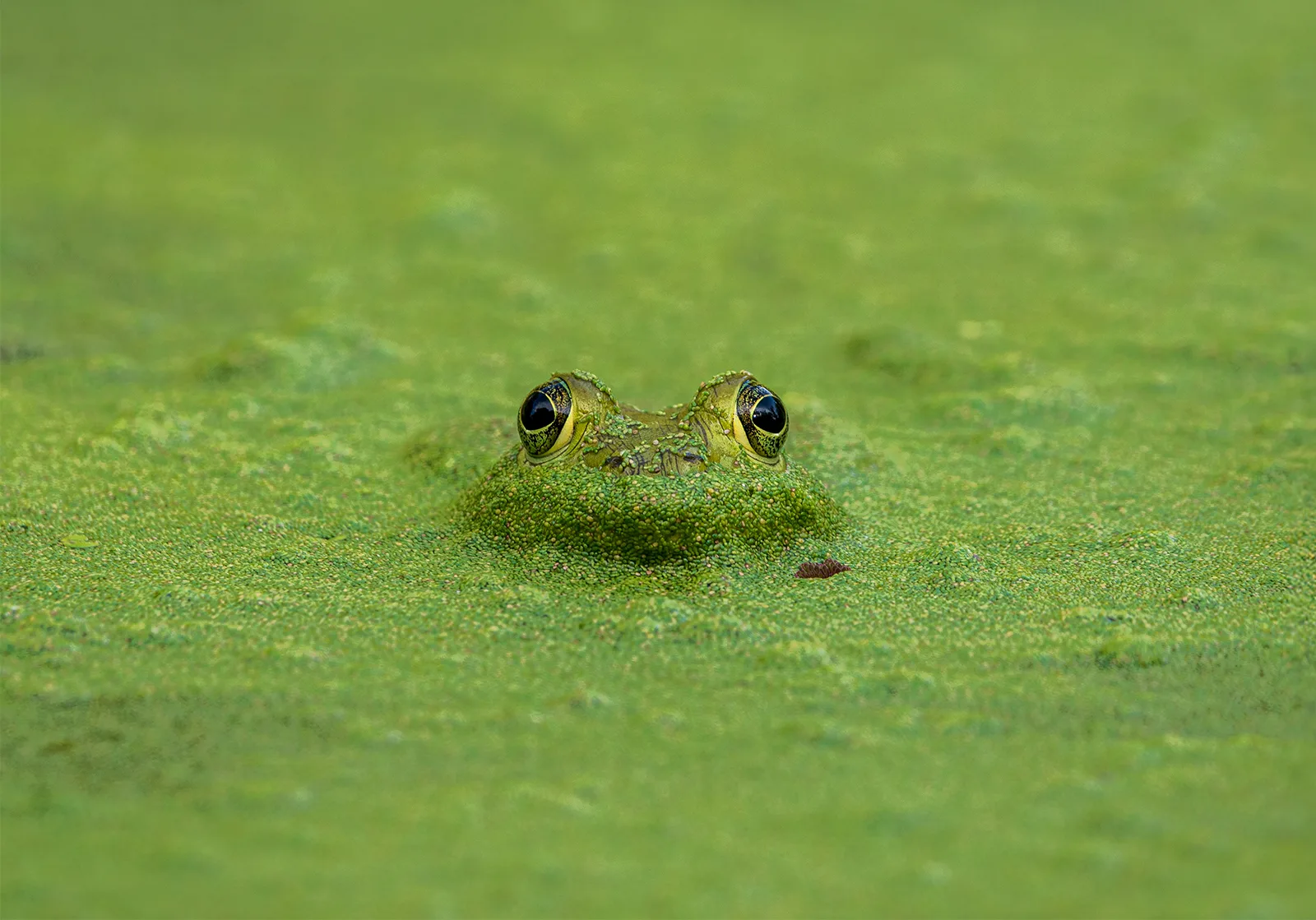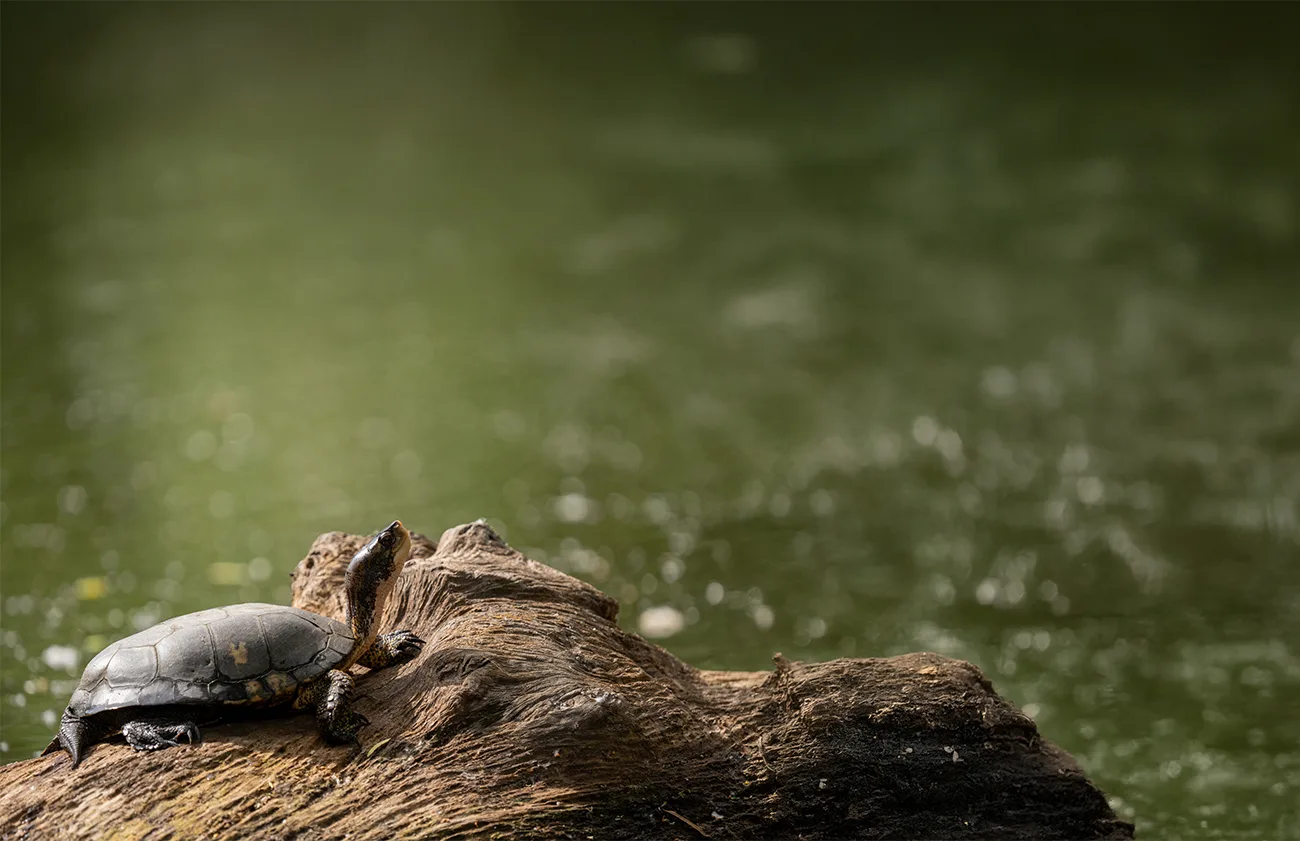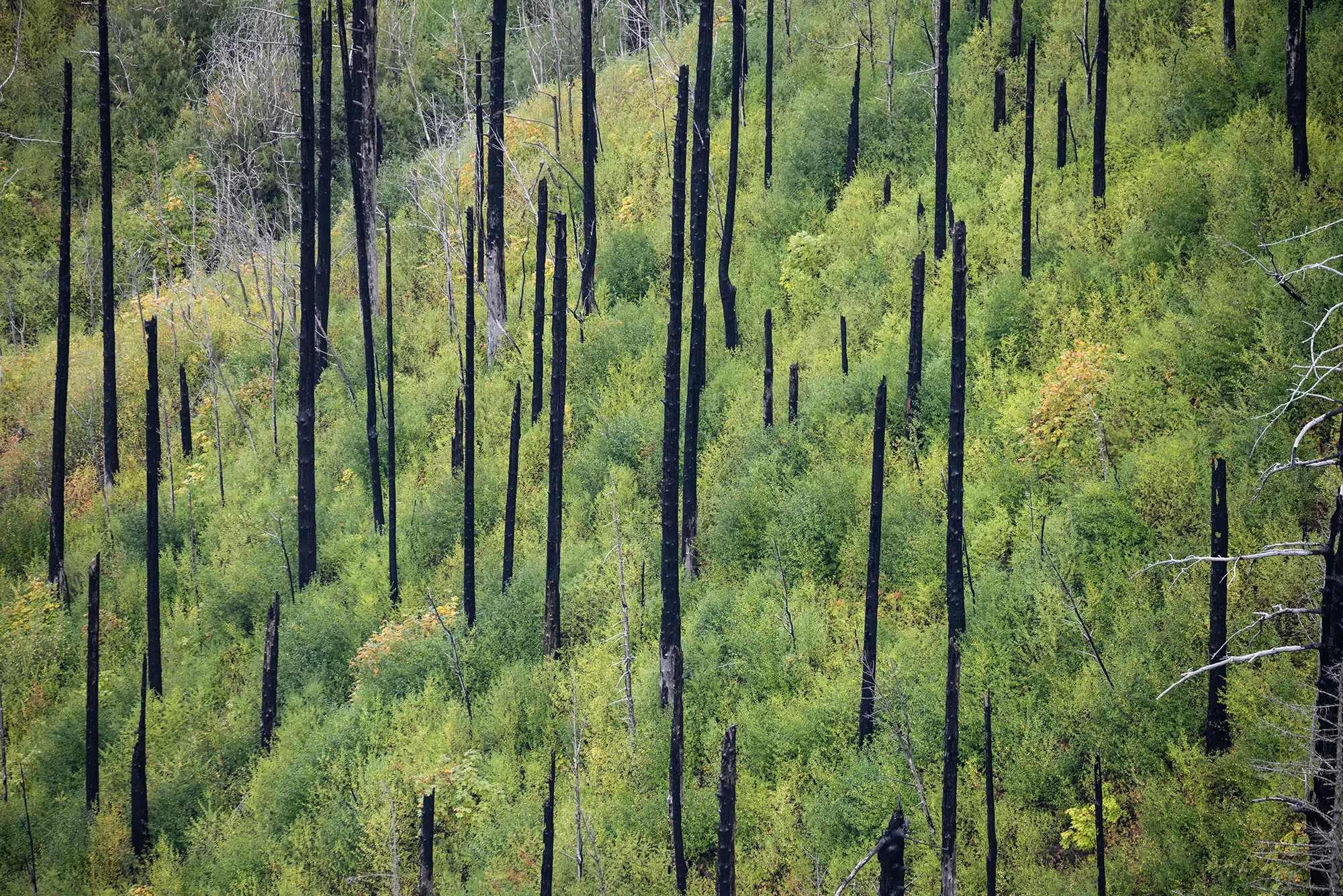What is Friends doing to respond to climate change in the Columbia River Gorge National Scenic Area?
Influencing the Columbia River Gorge Commission.
Friends has a long history of organizing and lobbying for legislation to protect the Columbia Gorge. As part of this work, we serve as both collaborator and watchdog for the Columbia River Gorge Commission, a governmental body that oversees the Columbia River Gorge National Scenic Area and the Gorge Management Plan.
At Friends’ urging, in 2020, the Columbia River Gorge Commission committed to developing a plan to mitigate climate change and build resilience in the Gorge. In December 2022, the Commission approved its Climate Change Action Plan. While Friends celebrates this step towards a more climate-resilient Gorge, we continue to lobby for additional protections to strengthen the plan.
- Protect and enhance habitat for endangered salmon runs. Protect water resources by increasing protective buffers around all salmon streams.
- Improve wetland protection. Friends supports the revision of the GMA wetlands guidelines, including buffer requirements, to achieve the policy of no loss of wetlands.
- Protect priority habitats. The Commission has access to current mapping that identifies priority habitat areas in the Gorge. Many of these priority habitats are located in areas that have high climate resilience, but are zoned for resource extraction purposes. Protect priority habitats by zoning these lands as protected open space.
- Protect forests by preventing industrial-scale clearcutting. Forest practices in the General Management Area (GMA) are regulated by the Oregon and Washington Forest Practices Acts. These laws allow large-scale clearcutting which releases massive amounts of carbon into the atmosphere. Convene representatives from the Oregon Department of Forestry and the Washington DNR to develop climate-smart forestry rules for the GMA that promote healthy forests, increase biodiversity and enhance carbon sequestration.
- Reduce the risks of forest fires. Develop and implement criteria for temporary closure of public lands during periods of high risk for forest fires, such as red flag warnings.
- Prevent the spread of invasive species and promote biodiversity. For example, require best management practices for new land uses and development to avoid the spread of invasive species. Require all vegetative screening for new development to be species native to the Gorge.
- Protect forests from residential development. Reduce the risks of wildfires caused by new land uses and development. Limit new residential development in Small Woodland zones.
- Protect tribal treaty rights from the impacts of climate change. Columbia Basin Tribes have protected treaty rights to hunt, gather foods and fish in their usual and accustomed places. Work with tribal partners to adopt new policies to protect treaty rights and traditional “First Foods.”
- Protect agricultural lands. Prevent the loss of agricultural lands by prohibiting new nonfarm dwellings on lands suitable for agriculture. The current policies for nonfarm dwellings in Large-Scale Agricultural zones are out of date.
- Promote regional transportation solutions reducing greenhouse gas emissions. Friends supports legislation to create a regional transportation authority to develop a Gorge-wide transit plan to provide regional transportation options that are affordable and reduce carbon emissions.
- Prohibit the expansion of fossil fuel infrastructure in the Gorge, such as natural gas transmission and distribution. Natural gas is comprised of methane gas, which is a potent greenhouse gas. Reducing reliance on natural gas is an effective mitigation measure for fighting climate change.
- Avoid climate maladaptation measures in the plan. Allowing increased rural residential development, including accessory dwelling units in rural areas, is a “maladaptation” that increases carbon emissions and climate vulnerability. Instead, the plan should include policy recommendations to discourage new rural residential development and encourage development within existing urban area boundaries where there are ample opportunities for development, including affordable housing, that reduce carbon emissions as compared to scattered rural residential development.
Conserving Critical Habitat
As the climate changes, species like the northwestern pond turtle, American pika, and salmon are losing their habitat. Friends has worked with the Gorge Commission to protect this habitat by improving land management policies. Friends also purchases and stewards lands across the Gorge, such as Turtle Haven preserve near Stevenson, Washington, to support these imperiled species.
We consult The Nature Conservancy’s Resilient Land Mapping Tool when prioritizing our efforts to purchase new conservation land. This tool shows us whether the land is “highly resilient” to climate change; that is, whether the land is likely to provide healthy habitat and ecosystems even as the climate changes. By prioritizing lands that are highly resilient, we give the Gorge the best possible chance to adapt.
Protecting the Gorge from Coal and Oil Facilities
Friends works to shut down existing coal-fired plants, prevent new coal and gas facilities from being built and lobby for responsible management of oil transport.
Friends opposes the export of coal and the development of natural gas facilities, which contribute to air pollution and environmental degradation and pose threats to health and safety. These facilities also release gases into the atmosphere that trap heat and contribute to global warming.
Defending the Gorge from Air Pollution
Coal and gas facilities are not the only contributors to poor air quality in the Gorge. Certain concentrated animal feeding operations (CAFOs), primarily in eastern Oregon, produce large amounts of methane and are major contributors to air pollution. Friends has lobbied for tighter regulations on these feeding operations.
This work is important for climate change for two reasons. First, methane is a greenhouse gas, meaning it contributes to warming temperatures. Second, as the climate continues to change, air pollution from wildfires is likely to become an even bigger issue. Improving air quality by decreasing the amount of methane in the air will contribute to healthier communities, even as the climate changes.
Encouraging Wildfire Preparedness
Friends partners with several community organizations to support outreach around wildfire preparedness. We develop and amplify communications to homeowners and property owners on how to make their lands more wildfire-safe.
Why is the Climate Changing?
The climate is changing, and humans are causing it. How? Driving gas-powered cars, generating electricity, and other routine activities release greenhouse gases such as carbon dioxide into the air. These excess greenhouse gases are trapping heat near the surface of the earth, causing air temperatures to rise.
Through our work on the ground, we see that climate change is contributing to habitat loss, biodiversity loss, and poor air quality in the Gorge. As an organization focused on the conservation of the Columbia Gorge, we are invested in slowing and preventing the worst impacts of climate change through both policy lobbying and on-the-ground restoration and preservation work.
How is Climate Change Impacting the Columbia Gorge?
- Deteriorating habitats. Warming air temperatures are causing more rain to fall as snow, degrading alpine habitats. Additionally, warmer streams, rivers, and other water bodies means less cold-water habitat that many species — including salmon — depend on.
- Increasing risks of drought and flooding. As warmer temperatures cause more rain to fall as snow, streams and rivers are flooding more frequently in winter. At the same time, less snowpack is melting in the spring and summer, contributing to droughts.
- Increasing risk of wildfires. Drier conditions and hotter summers are increasing the risk of wildfires.
- Decreasing air and water quality. Warming waters, decreasing streamflows, and increasing wildfires are contributing to poor air and water quality.
Further reading on climate change and its impacts:
Intergovernmental Panel on Climate Change Special Report – 2018
Climate Change Impacts on Columbia River Basin Fish and Wildlife
Columbia River Gorge National Scenic Area Climate Change Action Plan
Latest News

Appeals court ruling sets stage for protection of western gray squirrel in Washington state

Invasive Predator: Inside the Race to Control the Deadliest Threat to Gorge Turtles


